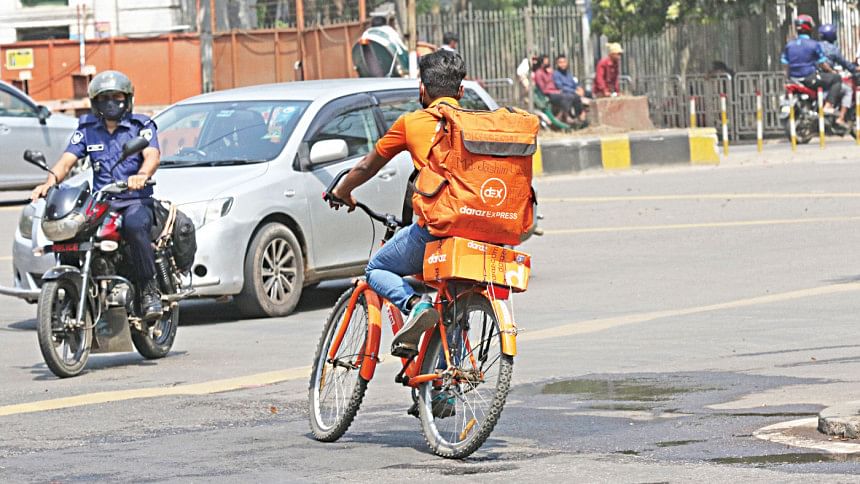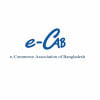Tax rebates needed for recovery of e-commerce: e-CAB

Different tax rebates are needed to help e-commerce companies in Bangladesh regain their growth trajectory after facing a significant downturn for the past two years, according to industry people.
The current tax structure for e-commerce companies includes 0.6 per cent turnover tax, 5 per cent value-added tax (VAT) on sales commission and 15 per cent VAT on delivery charges. Meanwhile, different rates of tax deducted at source are also levied.
As such, the e-Commerce Association of Bangladesh (e-CAB) has placed their demand for rebates or reductions of these taxes to boost the industry's growth.
In a letter to the National Board of Revenue, the e-CAB also proposed cutting the 15 per cent VAT on rent for office space, fulfilment centres and sorting houses.
If e-commerce platforms get these rebates, it will support the growth of the country's digital economy, said Mohammad Sahab Uddin, vice president of e-Cab.
E-commerce platforms in Bangladesh are not very profitable and so, 0.6 per cent turnover tax only exacerbates their losses, said Fahim Mashroor, CEO of AjkerDeal.
Instead, the tax structure should be favourable and encourage people to make online purchases.
But in Bangladesh, people pay an additional Tk 100 for every Tk 1,000 worth goods bought from e-commerce companies, he added.
While the government only collects a very small amount of revenue from e-commerce, it puts enormous pressure on the platforms, said Zeeshan Kingshuk Huq, director and Group COO of Agile Minds Solutions Ltd.
Huq then pointed out that India and Singapore implemented a tax-free policy for their e-commerce platforms, propelling their growth for over a decade.
"Most of these countries had relaxed tax regimes to bolster e-commerce growth. And now, only after the sector boomed, they are bringing taxes on online shopping similar to offline shopping," he added.
Huq went on to say that the worst trouble e-commerce companies have to go through is tax return submission as all the complicated tax rules imposed are somewhat open to interpretation.
To address the issue, industry people suggest including the definition of an "online marketplace" in VAT regulations, where the classification of digital shopping portals such as Sheba XYZ and Daraz is not clear.
"We believe this proposed amendment will create a more inclusive, transparent and equitable business environment for all while also helping the government maximize its revenue from the sector," said AHM Hasinul Quddus, chief corporate affairs officer of Daraz.
Industry players say VAT law applies differently to different categories of sellers and so, it is impossible for a marketplace that bridges merchants and customers to ensure VAT compliance.
So, e-Cab proposed the reporting of liabilities for VAT should lie with the individual sellers of goods and services.

 For all latest news, follow The Daily Star's Google News channel.
For all latest news, follow The Daily Star's Google News channel. 








Comments